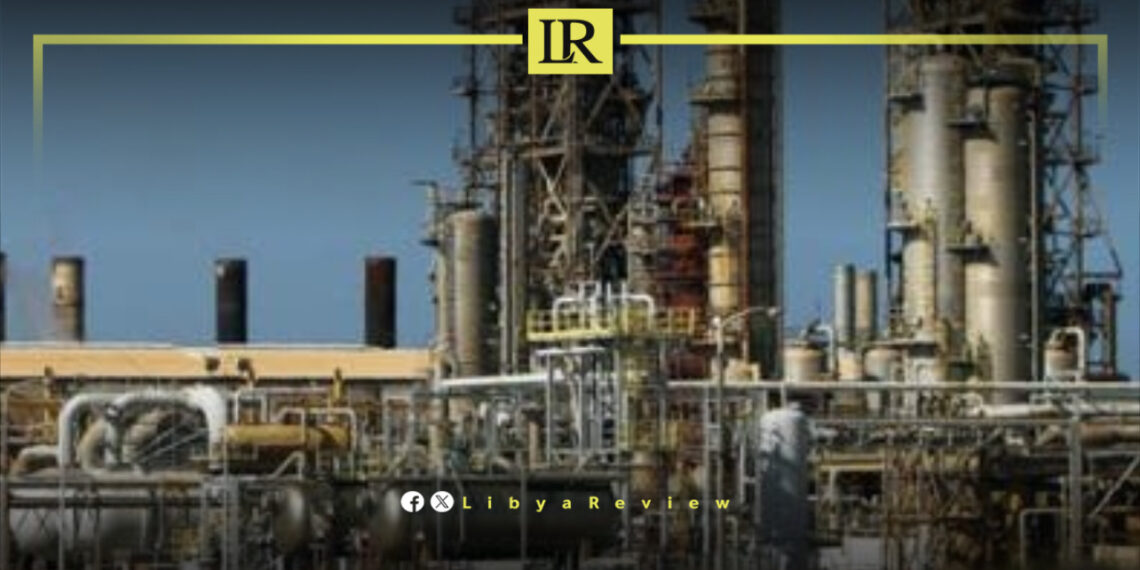Libya’s crude oil production has reached an impressive 1,413,372 barrels per day, with condensate output standing at 51,790 barrels per day. Meanwhile, gas production levels have been recorded at 210,586 barrels of oil equivalent per day.
This brings Libya’s total daily hydrocarbon production to 1,675,748 barrels of oil equivalent, underscoring the country’s significant contribution to global energy markets.
Libya has been in chaos since a NATO-backed uprising toppled longtime leader Muammar Gaddafi in 2011. The county has for years been split between rival administrations.
Libya’s economy, heavily reliant on oil, has suffered due to the ongoing conflict. The instability has led to fluctuations in oil production and prices, impacting the global oil market and Libya’s economy.
The conflict has led to a significant humanitarian crisis in Libya, with thousands of people killed, and many more displaced. Migrants and refugees using Libya as a transit point to Europe have also faced dire conditions.
The planned elections for December 2021 were delayed due to disagreements over election laws and the eligibility of certain candidates. This delay has raised concerns about the feasibility of a peaceful political transition.
Despite the ceasefire, security remains a significant concern with sporadic fighting and the presence of mercenaries and foreign fighters. The unification of the military and the removal of foreign forces are crucial challenges.


